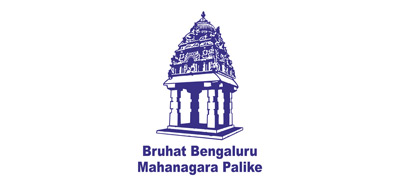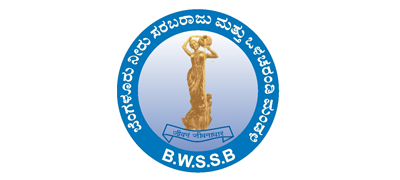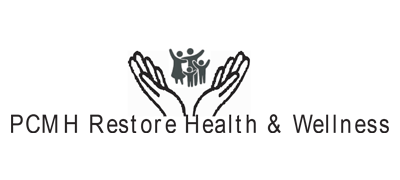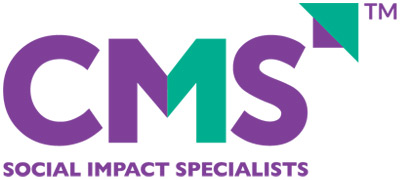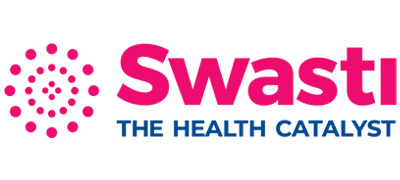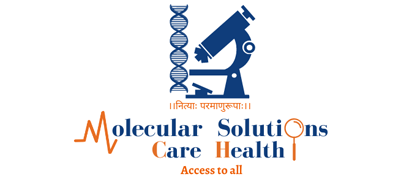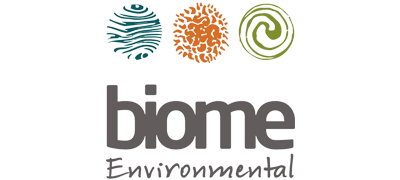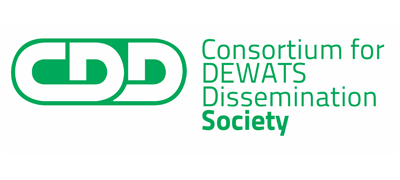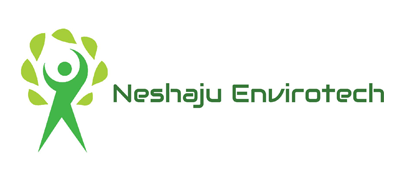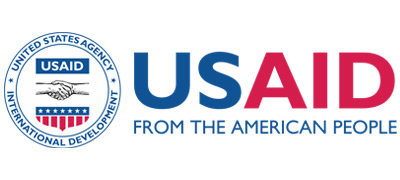Precision Pandemic Health Surveillance System - Bangalore
Environment Surveillance initiative in Bangalore involves systematic and regular testing of the city wastewater to detect the presence of degraded SARS-CoV-2 RNA. The samples are regularly collected from open drains and sewersheds. The the results are shared on our public dashboard as well as through the platform’s Twitter handle. This health surveillance platform hosts a city-wide wastewater surveillance system in Bangalore which serves as a guide to local governments/municipalities to regularly monitor wastewater for the presence of the COVID virus. The initiative has been running over a year in Bangalore having tested over 5,500 wastewater samples for presence of SARS-CoV-2
As of August 2022, the initiative has also started to test the wastewater for presence of virus causing Influenza A, Influence B, H1N1, MonkeyPox along with degraded SARS-CoV-2 RNA.
This effort is possible through strong inter-agency collaboration between Bruhat Bengaluru Mahanagara Palike (BBMP), Bangalore Water Supply and Sewerage Board (BWSSB), and other partners.
In Bangalore, the platform is supporting city local administrative bodies (BBMP & BWSSB) through the expertise of the following partner organizations
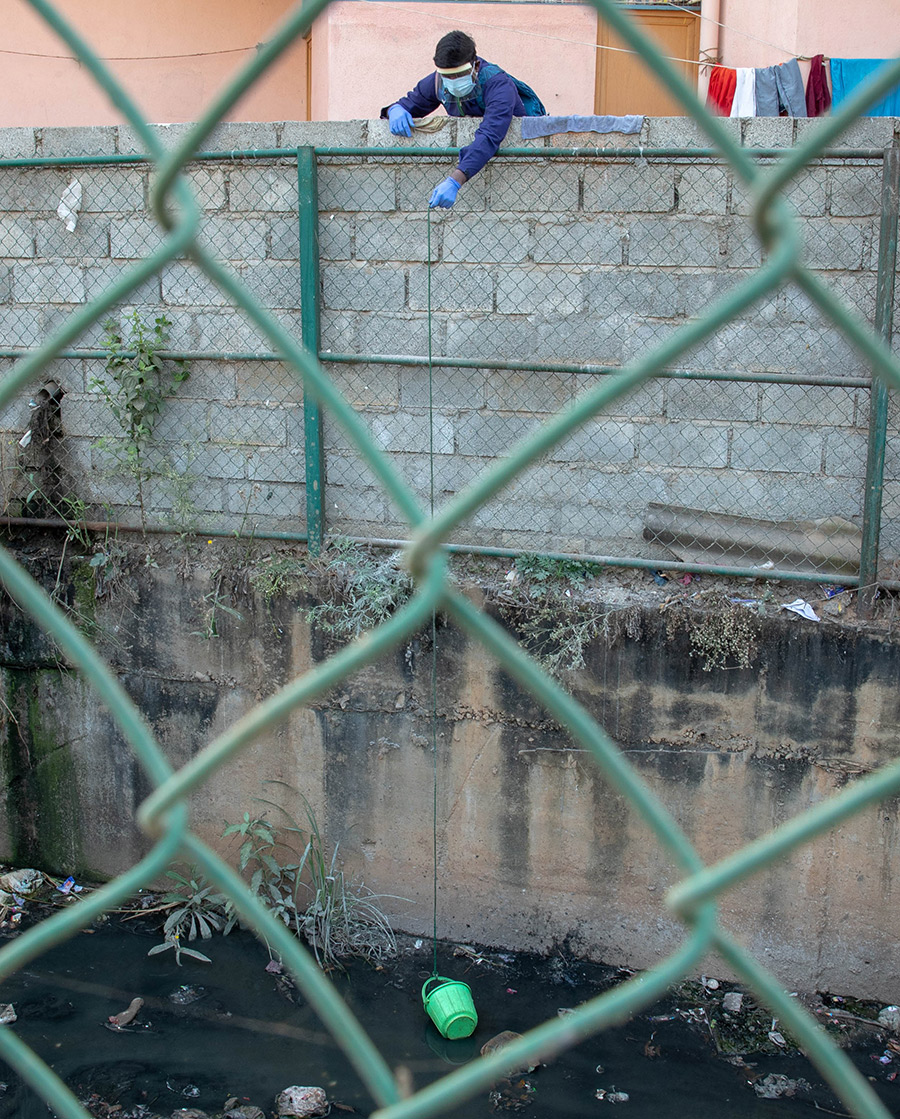
Bangalore has been a trailblazer in demonstrating the significance of wastewater surveillance for SARS-CoV-2 and continues to explore other pathogens of pandemic proportions.
Data Dashboards
Dashboard 1 –
Dashboard 2 –
Dashboard 3 –
Integrated Disease Surveillance
Wastewater being representative of community-based urine and fecal samples could be of immense importance in understanding the occurrence and outbreaks of not just SARS-CoV-2 but several other/new pathogens present in wastewater such as bacteria (Salmonella spp., Vibrio cholerae, and others), and viruses (monkeypox, influenza, norovirus, sapovirus, others) which are of public health importance or of pandemic potential or both. The Precision Health platform has established such integrated wastewater surveillance in Bangalore to provide early warning signs to the Government about the presence of Influenza (Influenza A, Influenza B and H1N1), Monkeypox along with SARS-CoV-2, thus enabling actions to mitigate and prevent adverse public health outcomes.
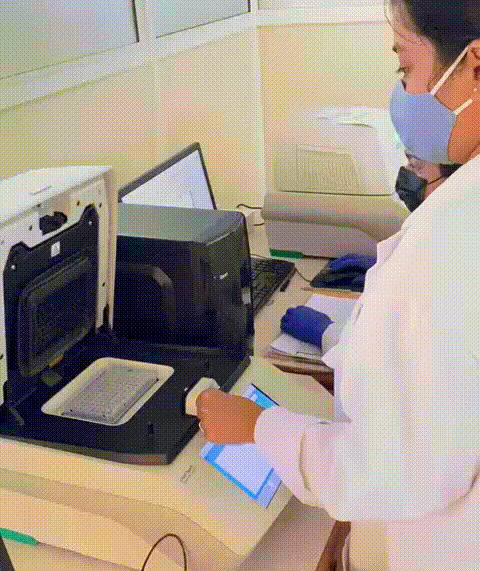
Variant Testing
Use of Genomic Surveillance
- Tracking of new variants whose suppression by vaccines is unknown: Omicron is the new variant that has recently evolved and whose suppression by existing vaccines is as yet unknown. Thus GS can help track which new lineages are entering into the population.
- Targeted travel measures: Containment methods have worked in our country before- the spread of the UK variant was successfully suppressed due to the containment of travelers and measures taken to curtail travel from affected areas. A mandatory 14 day quarantine period for travelers from affected areas, despite a negative RTPCR, could be warranted.
- Combining sewage and GS data: GS data at the local level can be helpful in mitigating future waves of COVID-19. However, genomic surveillance of individual samples is very expensive. Genomic surveillance using sewage could cost a fraction of the amount needed, yield the same information and give a representative picture of an entire community.
- Updating and popularising evidence-based medical protocols: During the second wave, there were reports that the most common variant driving the wave (Delta, B.1.617.2) was not being detected in time by RTPCR. Kits for RTPCR had been developed during the first wave, where the most common lineage of the dominant virus was different. Thus, updating medical protocols to not only rely on RT-PCR tests was important during the second wave. We can be actively doing so in order to better prepare ourselves, develop protocols for earlier diagnoses, prepare surge capacities and develop easier triage protocols in Helplines.
- Targeted communication: The Covid task force of a city or state may send out daily bulletins in local languages to calm the populace, reinforce key messages that help in pandemic control, reduce fears of vaccination and update the population on the spread.
- Targeted testing of those who are re-infected or are infected despite vaccinations: Reinfection or breakthrough infections could imply the presence of a new lineage that has escaped the immune system. Thus, such individuals need to be carefully monitored and tested. Blood tests for antibody presence, HLA type, etc. might need to be included to better understand the new infection.
Pilot Studies
Apart from long running surveillance initiatives the platform has also conducted pilot studies on other relevant areas of work in wastewater surveillance such as antimicrobial resistance and testing wastewater for the presence of pharmaceutical compounds.
What is Antimicrobial Resistance?
Antimicrobial Resistance: may be a natural phenomenon but its development and spread are driven by several factors such as antimicrobials being misused or overused in humans, plants and animals, limited availability/access to vaccines, diagnostics and appropriate treatment; poor access to clean water, sanitation and hygiene; lack of infection prevention and control; resistant pathogens being transmitted through the food chain; and lack of appropriate waste management systems.” (WHO 2021).
A pilot study on antimicrobial resistance conducted through the Precision Health Platform provided insights on the trends of emerging resistance to antibiotics such as carbapenamases. Data obtained from citywide surveillance of antimicrobial resistance through wastewater could enable policy and action in bringing about change in healthcare consultancy and ensuring that healthcare institutions follow certain mandates to ensure safe disposal of clinical waste into the environment.
For more details, visit here
Drug Testing:1
The Precision Health Platform conducted a pilot study with an objective to analyze wastewater samples from Bangalore city to estimate the presence of 5 pharmaceutical compounds such – Ibuprofen, Paracetamol, Amoxicillin, Azithromycin, and Doxycycline. The results of this Antibiotic and Antipyretic Pilot Study indicated the presence of Paracetamol and Azithromycin in wastewater.
Images from the field & lab









People behind the initiative

Dr. Angela Chaudhuri
Partner & Health Lead, Swasti & Catalyst Group

Dr.Varsha Sridhar
Molecular Solutions Care Health (MSCH)

Rohini Pradeep
Project Manager, CDD Societ

Umma Ramakrishnan
Professor, National Centre for Biological Sciences

Dr. Farah Ihhtiaq
Senior Scientist, Tat Institute for Genetics and Society

Poorva Hullgoi
Molecular Biologist Molecular Solutions Care Health

Venkat Shan
Engineer & Entrepreneur, PCMH Restore Health
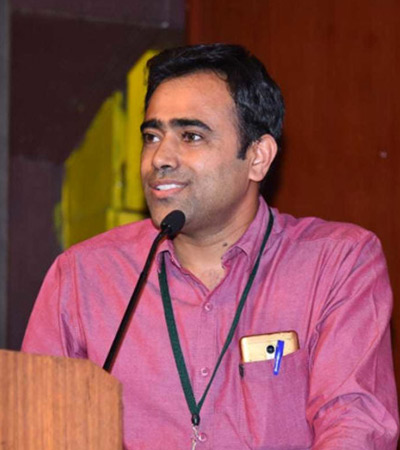
Dr. Ramakrishna Parsad
Founder & Director, PCMH Restore Health

S.vishwanath
Advisor Trustee, Biome Environmantal Trust

Dr. Rakesh Mishra
Director, Tata Institute for Genetics and Society

Dr. Nishanth Hiremath
BMU Hospital

Ganesh Chari
Founder & Managing Director, Neshanju Envirotech Pvt. Ltd.

Shrish Harshe
Sr. Technical Lead, Swasti

Annapoorni Sampath
Technical Specialist, Swasti
Partners
